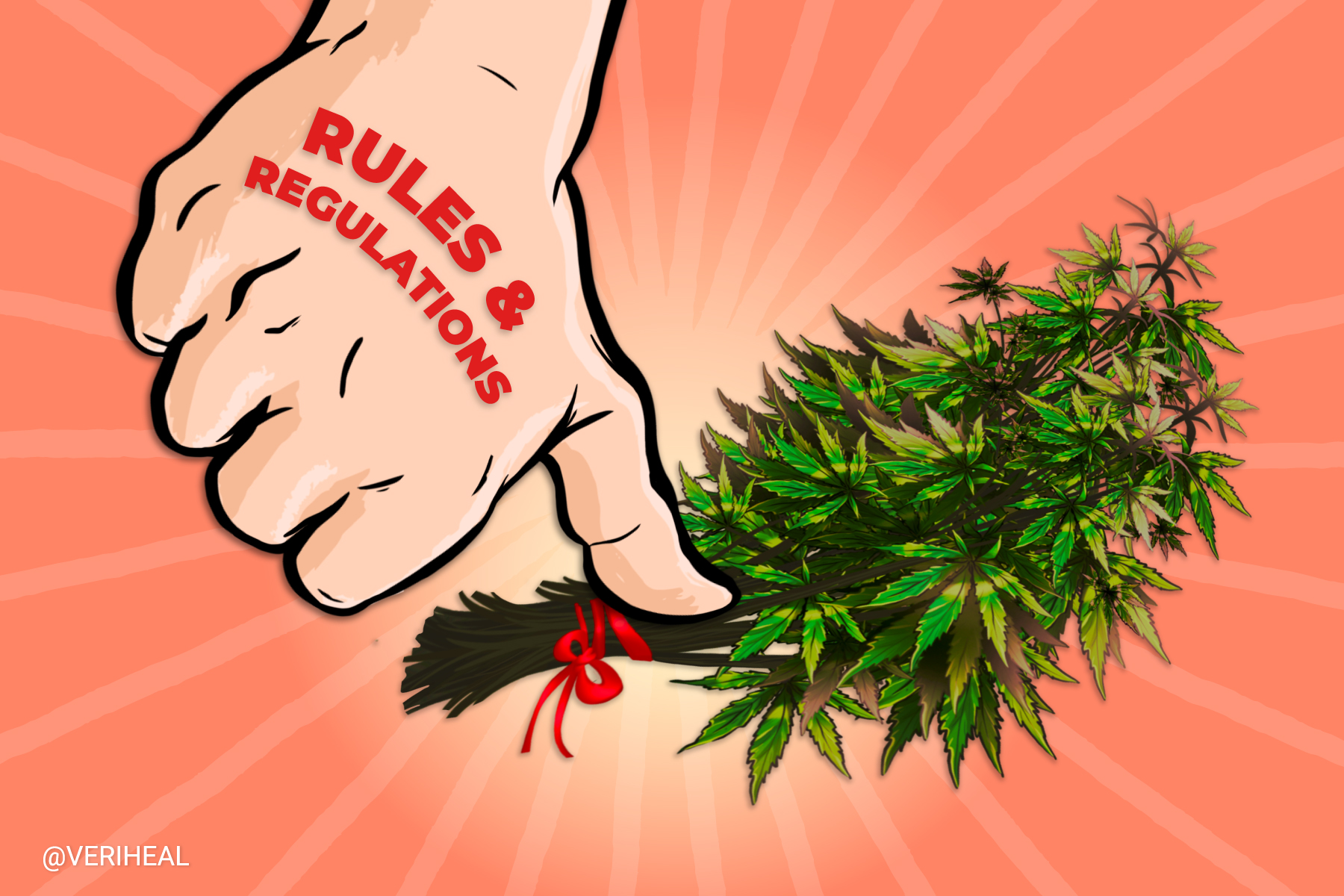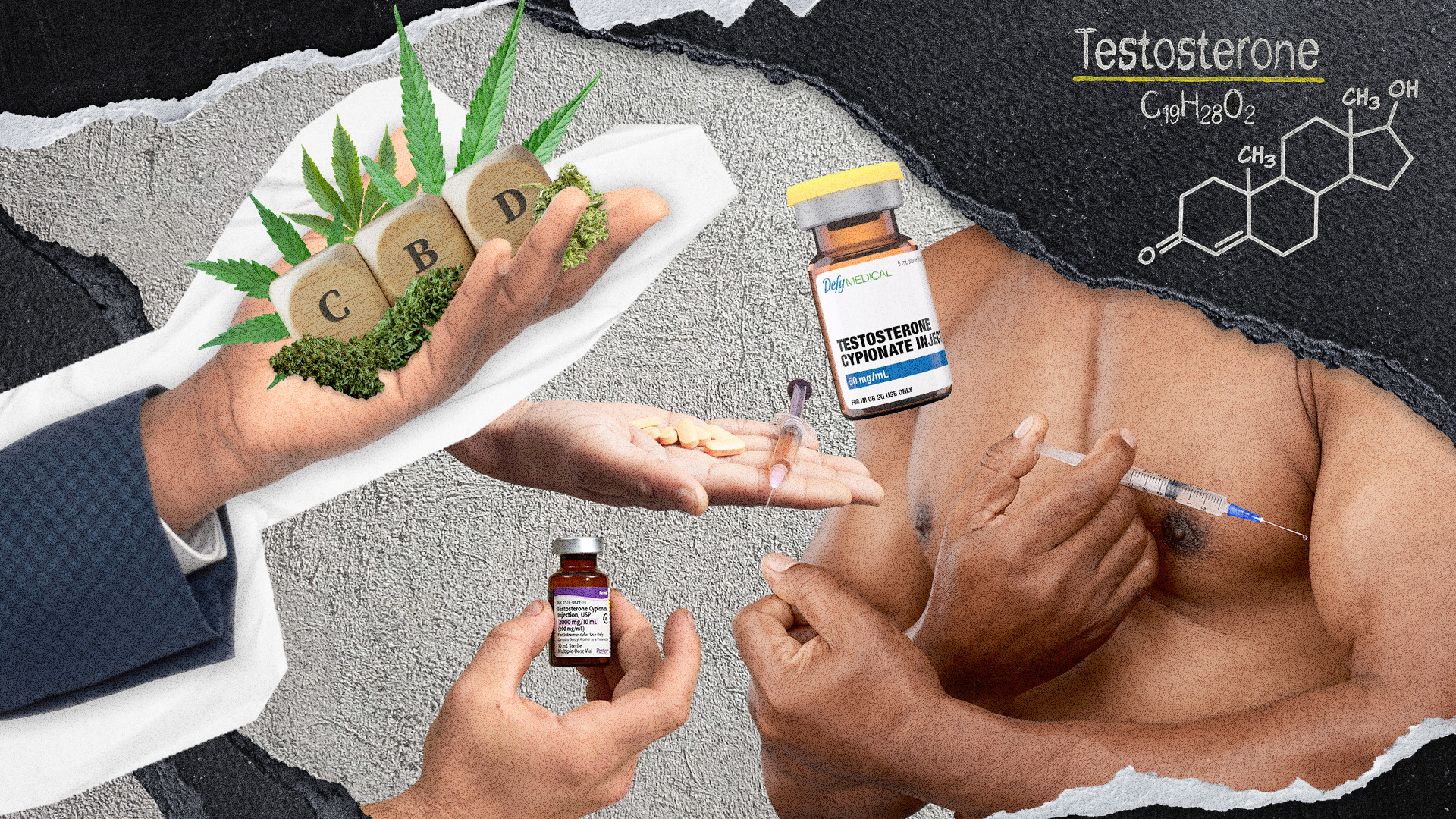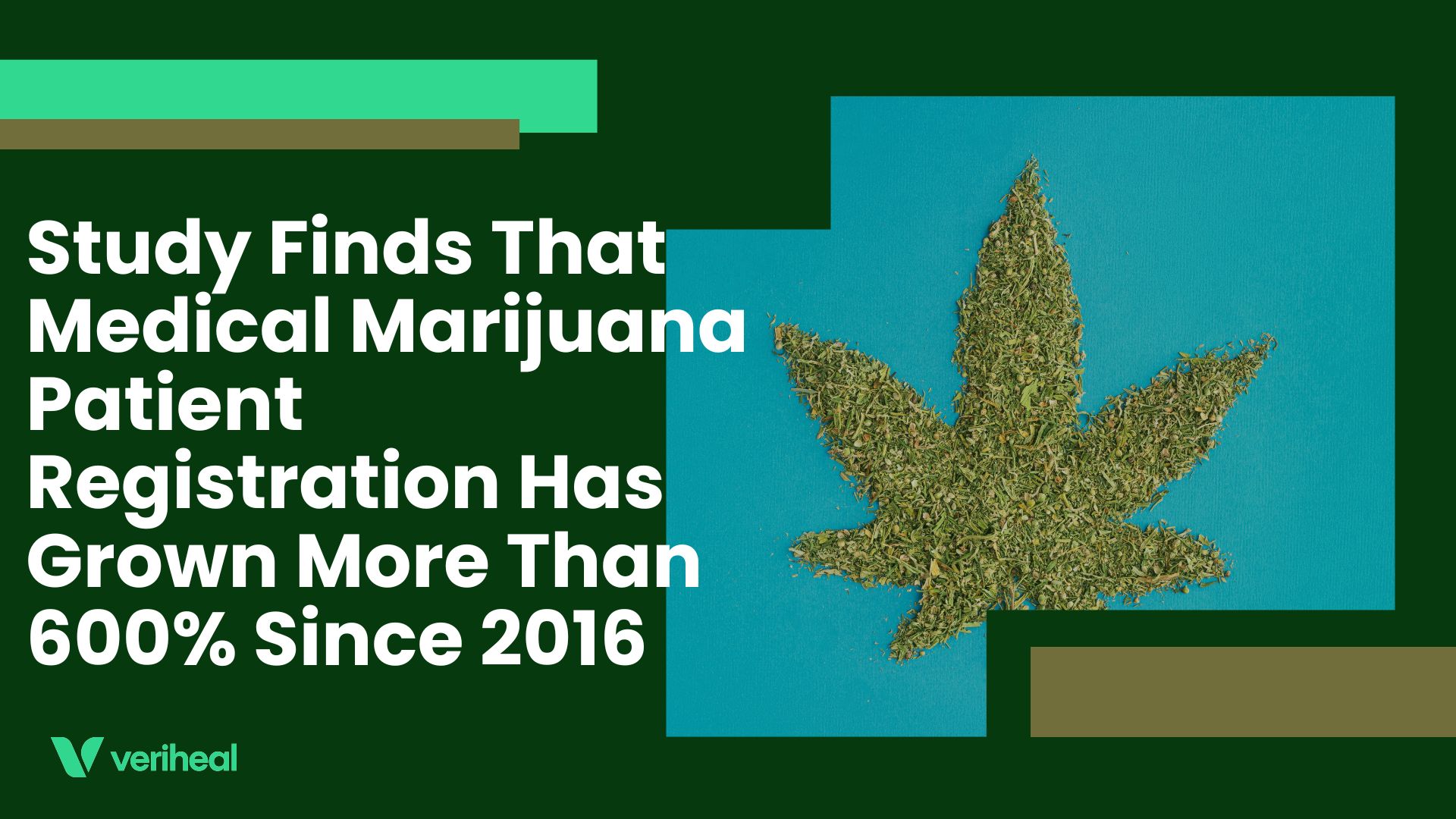Hemp has been shrouded in a smokescreen of confusion since prohibition began back in 1937. Hemp’s definition describes it as Cannabis sativa L. with a THC threshold of 0.3% or below. The legal status of the hemp plant in the United States of America has been a questionable one for some time. Currently, it is 100% legal in America, but there are many strict hemp regulations. Many states are only running pilot programs for the cultivation and production of hemp. But it’s almost as if they are trying out something new that has never been done before. This is really confusing considering humans have cultivated hemp since the beginning of time, and in America for many centuries before its criminalization.
Back in the spring of 1937, Popular Mechanics published an article calling hemp the new billion-dollar crop. Of course, this was spring, and prohibition did not begin until the fall of 1937. Just imagine if this greedy racist campaign against cannabis would never have succeeded.
The Versatility of Hemp
The hemp plant is extremely versatile, being able to be used for food, medicine, and industrial and commercial applications. Currently, it’s estimated the hemp plant can be used to produce more than 25,000 products that we use today. Virtually anything out there can be made from this durable plant. The hemp plant has some of the strongest fibers known to humankind on the planet. Hemp can be used to make clothing, fuel and cars, flooring, food products, construction material, and pretty much everything in between.
Hemp plastics leave a significantly less environmental impact than traditional forms of non-biodegradable plastics. This hempsational plant also works at fixing soil through soil remediation, making it healthier than it was before hemp was planted. It can be used to make medicine because it is rich in CBD and other phytocannabinoids, along with being an incredible source of vitamins, minerals, and amino acids. Hemp can even help filter and clean the air around it.
Why All the Hemp Regulations?
With all of this good stuff going for it, why are there still strict hemp regulations? Why is it still difficult for hemp companies to conduct business? Why isn’t the same concern extended to the alcohol industry, the tobacco industry, or the pharmaceutical industry? How are these industries allowed to slide by over the past eight decades, poisoning and destroying lives across America, yet a plant with the ability to help make lives better gets treated differently? The answer may stem back to the times of reefer madness when the stigma surrounding cannabis was refined.
Why You Should Get Your Medical Marijuana Card
Veriheal has satisfied millions of patients nationwide by giving them access to these benefits
- Larger purchase limits
- Peace of mind
- Enhanced legal protection
- Access to higher potency strains
- Save up to 25% on cannabis purchases
- Skip the line at the dispensary
Humans have utilized hemp for medicines and textiles for eons. It was even mandated by King James I of England that every property owner in Jamestown grew 100 hemp plants for export. Hemp was even on the fast track to becoming the fabric of our lives before being replaced by cotton. The environmental factors alone would make one look to hemp over cotton. Hemp requires a fraction of the amount of water, a reduced number of pesticides, and yields twice amount the of fiber than that of cotton.
But by the time 1937 rolled around, cannabis cultivation became prohibited and taxed to the extreme. It’s speculated among scholars that hemp proved to be problematic for growing industries that happened to be tied to politics. So, in an effort to eliminate the competition, hemp was lumped in with its controversial cousin marijuana and was ultimately banned. Then it became a downward slope for hemp as it endured the Nixon era where it was given its schedule 1 status in the Controlled Substances Act, the War on Drugs where many people’s lives were disproportionately affected until the 2018 Farm Bill effectively legalized hemp again.
Even though hemp is legal, there are still major hurdles to overcome in the industry. For instance, it’s still common for federally insured banks to not want to have anything to do with CBD companies due to risk. According to Natural Products Insider hemp farmers have a hard time accessing private insurance, the prices for processing hemp are jacked up higher than any other crop, lab testing and production are all bottlenecked and farmers are burdened under absurd compliance regulations. Farmers interested in growing hemp “are being given the distinct impression by the federal government that the simplest oversight—or even just a simple twist of fate with a plant going “hot” (more than 0.3% THC by dry weight)—can make the farmer a felon”.
There is Hope… For the Most Part
A good sign that the powers that be are waking up to modern times would be the increasing legalization, agencies taking measures to discern hemp from marijuana, as well as a newly introduced bill that aims to remove cannabis from the Controlled Substance Act. But on the flip side, issues such as whether hemp should legally contain 0.3% THC or 0.5% THC are being scrutinized by lawmakers who don’t understand that the 0.2% difference is minuscule and thus makes their efforts a complete waste of time and taxpayers money.
After nearly 80 years of making the same mistake, it’s time for this foolishness to come to an end. Cannabis needs to be removed from the Controlled Substance Act and be treated in the same regard as other substances such as medicine, alcohol, or tobacco. Cannabis businesses should be allowed to advertise in the same manner, claim business expenses, use banks, be given the same tax benefits, and apply for relief just as any other business in the United States of America.
Author, Share & Comments















